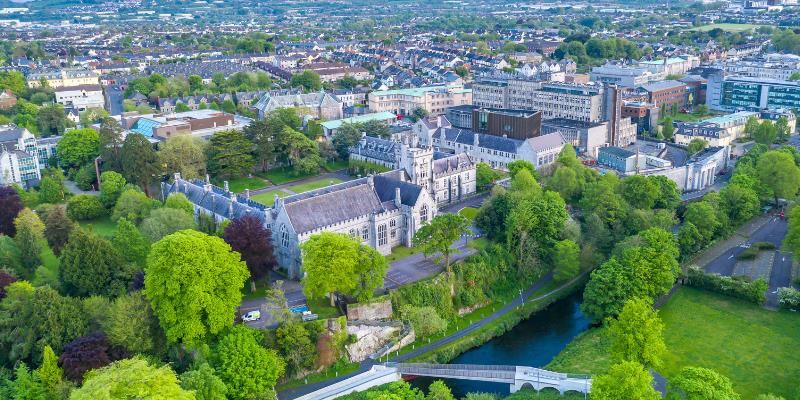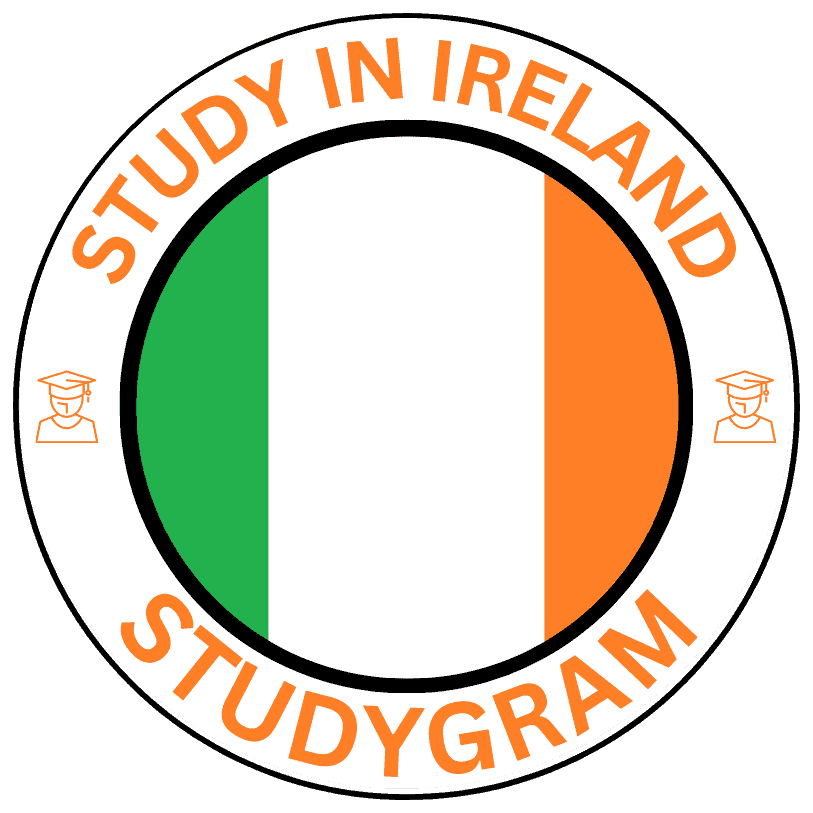
University College Cork (UCC) has received a collective €6.2 million in funding from the Research Ireland Frontiers for the Future Programme. The investment supports seven new projects that span ecological restoration, marine technology, air‑quality monitoring, sustainable energy, neonatal health, oncology and advanced light‑based power systems.
Frontiers for the Future: A Catalyst for High‑Risk, High‑Reward Science
The Frontiers for the Future Programme is a national initiative that backs transformative research with the potential to deliver measurable economic and societal benefits. The €34.5 million budget is distributed across 39 projects nationwide, positioning UCC as a key partner in Ireland’s research landscape.
Seven UCC Projects and Their Societal Relevance
Adaptive Dynamical Network Solutions to Ecological Restoration
Led by Professors Sebastian Wieczorek and Serhiy Yanchuk (School of Mathematical Sciences), this project marries network science with real‑world data from the Lough Hyne Marine Nature Reserve. The goal is to model invasive species and identify tipping points for ecological resilience, potentially informing restoration strategies across Europe.
Unmanned Marine Mapping and Monitoring (DMAND)
Under Dr. Aaron Lim (Department of Geography, School of the Human Environment and Sustainability Institute), a fleet of autonomous underwater vehicles will chart seafloor topography from 1 to 300 m depth. The outcome is a more efficient data pipeline that could lower the cost and environmental footprint of offshore renewable projects.
SUREDETECT: Surface Functionalisation of Silicon Devices for Ammonia Detection
Dr. Stig Hellebust’s work will develop low‑cost silicon sensors capable of measuring atmospheric ammonia at real‑world concentrations. Enhanced monitoring could lead to better emission controls and public air‑quality awareness.
Fully Recyclable 3D‑Printable Aqueous Rechargeable Batteries
Professor Colm O’Dwyer’s team will use sustainable materials to 3D‑print batteries that match a device’s shape and can be fully recycled. The technology could redefine how mobile devices and renewable energy storage systems are designed.
School‑Age Outcome Prediction using Radiomic Imaging (SOPHIE)
With Professors Brian Walsh and Deirdre Murray (INFANT Research Centre), this study will link newborn MRI data to long‑term developmental outcomes, offering parents and clinicians better prognostic tools for hypoxic‑ischemic encephalopathy.
Tracking Recycling in Brain Cancer (TRIBeCA)
Dr. Andrew Lindsay will analyse a signalling pathway that is over‑active in glioblastoma, aiming to expose new therapeutic targets in this aggressive brain cancer.
High Efficiency Light‑Based Power Conversion (Hilight)
Led by Brian Corbett (Tyndall National Institute and School of Physics), the project will maximize energy harvest and conversion from light, opening new possibilities for high‑voltage applications and medical devices.
Why These Projects Matter for Ireland and Beyond
- Driving sustainable energy and low‑carbon technology.
- Providing tools for public health and environmental monitoring.
- Creating new research pathways that attract top talent and industry partnerships.
- Strengthening Ireland’s position as a hub for biomedical innovation.
Next Steps for Prospective Students and Researchers
UCC offers a range of undergraduate, postgraduate and doctoral programmes that can prepare you to join these cutting‑edge projects.
Explore UCC’s study programmes or research opportunities to learn how you can contribute. If you’re interested in a career in sustainable technology or advanced biomedical research, consider applying for a scholarship now.
Want to know more about UCC’s future plans? Visit the UCC Futures page to view upcoming initiatives.
Ready to take the next step? Apply to UCC today and join a community that’s making a tangible impact on society.
Have questions about our programmes? Contact our admissions office for personalized guidance.
Share your thoughts or research interests in the comments below or connect with us on LinkedIn.

